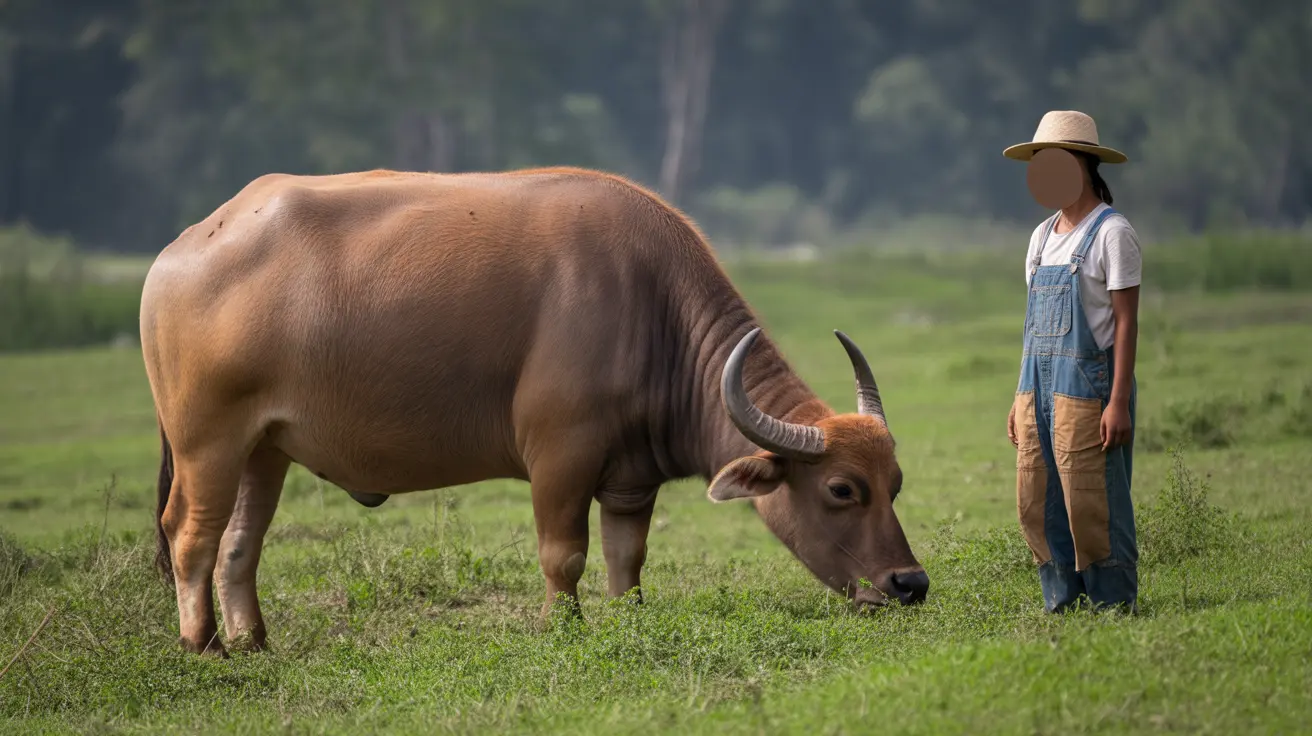Common Foods That Are Toxic to Dogs and How to Keep Your Pet Safe
As loving pet owners, it’s our responsibility to ensure our furry companions stay happy and healthy. One key part of that is providing them with a balanced, safe diet. However, many common human foods can be dangerous or even toxic to dogs. Knowing which items to keep off your pup’s plate is vital to avoid accidental poisoning or severe health issues. Below is an extensive look at foods toxic to dogs, how to recognize signs of poisoning, and how to promote a dog-safe diet.
Foods That Are Toxic to Dogs
Although dogs can enjoy some human foods in moderation, others pose serious risks to their health. Here are the most concerning items:
- Garlic and Onions: Even small quantities of garlic, onions, and related plants (like shallots and leeks) can damage a dog’s red blood cells, potentially leading to anemia.
- Chives: Similar to garlic and onions, chives can cause gastrointestinal upset and more serious blood disorders.
- Marjoram and Bay Leaf: Often used to add flavor in cooking, both marjoram and bay leaves can cause digestive distress and more serious reactions in dogs.
- Grapes and Raisins: These fruits can cause acute kidney failure in dogs, even in small amounts.
- Chocolate: Contains theobromine, which dogs cannot metabolize effectively, leading to toxicity that can cause vomiting, rapid breathing, irregular heartbeat, and seizures.
- Xylitol: A sugar substitute found in gum, candy, and baked goods, xylitol can cause insulin release, leading to hypoglycemia and potential liver failure.
- Alcohol: Even in small amounts, alcohol can depress the central nervous system and lead to dangerous drops in blood sugar, body temperature, and breathing rate.
- Macadamia Nuts: These can cause weakness, depression, vomiting, tremors, and hyperthermia in dogs.
- Avocado: Contains persin, which can lead to vomiting and diarrhea in dogs.
- Caffeine: Found in tea, coffee, and energy drinks, caffeine is highly toxic and can be fatal.
Symptoms of Food Toxicity in Dogs
If your dog consumes any toxic foods, symptoms might vary depending on the amount and type of food eaten. Be watchful for:
- Vomiting or diarrhea
- Lethargy or weakness
- Loss of appetite
- Increased thirst or urination
- Abdominal pain or bloating
- Tremors or convulsions
- Excessive drooling
- Difficulty breathing
If you notice any of these signs, contact your veterinarian immediately.
Safe Herbs and Foods for Dogs
While some foods are dangerous, others can be offered safely and may even provide health benefits when used properly. Among herbs, the following are generally safe:
- Basil
- Rosemary
- Parsley
- Sage
- Lavender
- Turmeric
- Cilantro (in moderation)
These herbs can support immune health, digestive function, and provide antioxidants. However, they should only supplement a complete and balanced canine diet, not replace it.
Best Practices for Adding Human Foods to Your Dog’s Diet
If you're considering sharing your food with your pet, follow these best practices:
- Always research the food ingredient before offering it to your dog.
- Introduce new items gradually and monitor for any adverse reactions.
- Only provide cooked, unseasoned, and plain versions of foods.
- Remove any components like seeds, pits, or skins that could pose a risk.
- Limit herbs and people-food treats to under 10% of your dog’s daily intake.
Emergency Preparedness
If you suspect your dog has eaten something toxic, take these steps without delay:
- Call your veterinarian or a pet poison helpline.
- Note the type and amount of food consumed and the time it was eaten.
- Do not induce vomiting unless specifically instructed by a vet.
Time is critical. The sooner you act, the better the chances of avoiding severe illness or worse.
Final Thoughts
While it can be tempting to include your dog in every aspect of your daily life — even at mealtime — it’s essential to draw firm lines when it comes to food safety. Familiarizing yourself with toxic foods and safe alternatives helps ensure your canine companion enjoys a long, healthy life.





